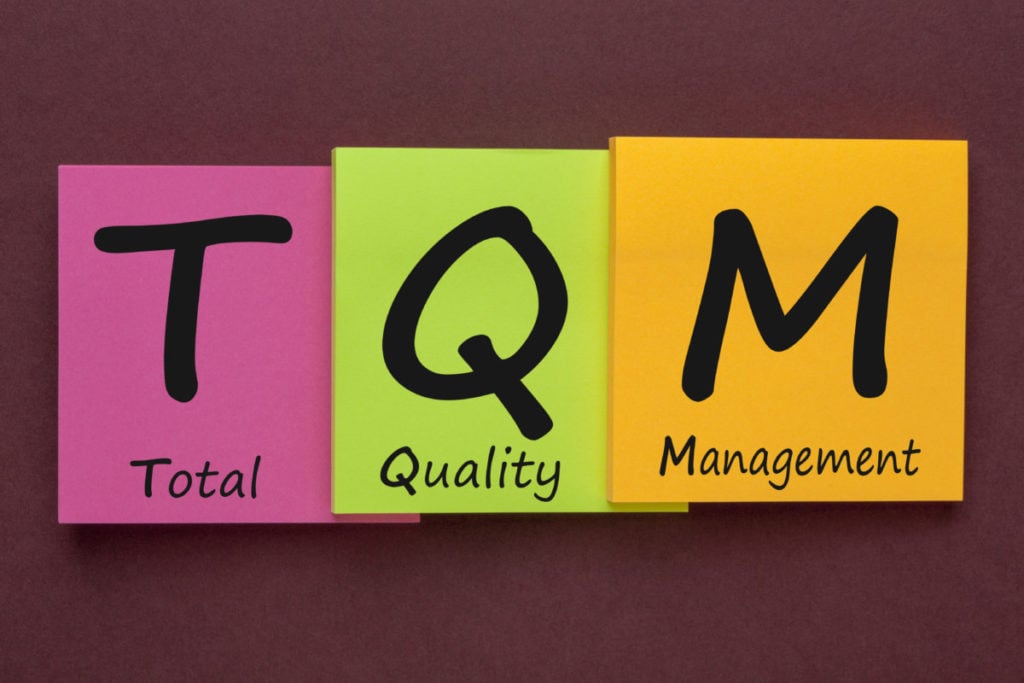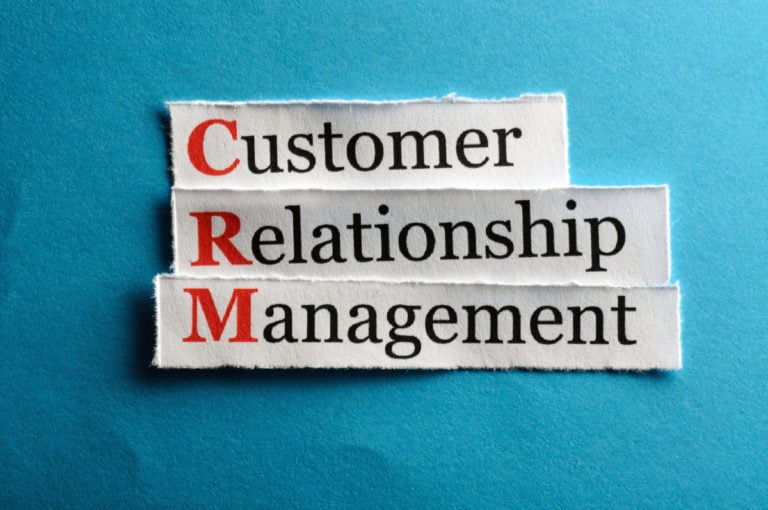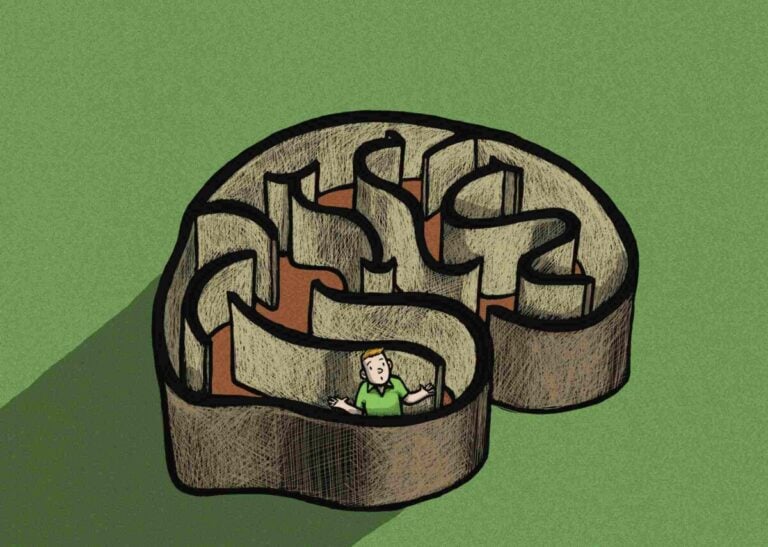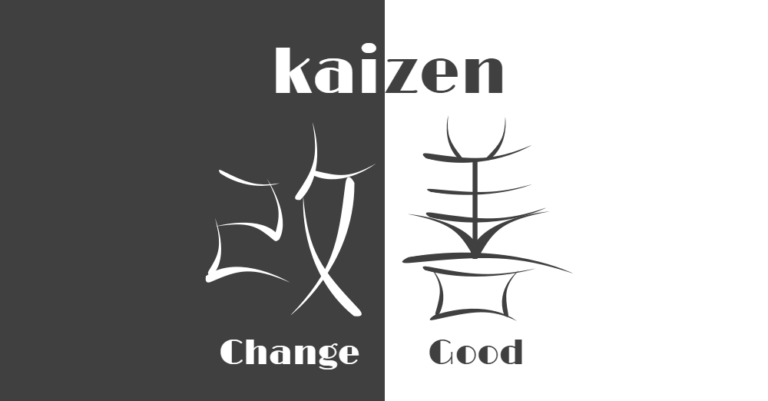To understand TQM “Total Quality Management”, you first need to understand what “Quality” really means?
“Quality” usually refers to a parameter that determines the inferiority or superiority of a product or service. It is a measure of goodness to understand how well a product meets its specifications.
Usually, when the term “quality” is used, people think of a superior product or service that meets or even exceeds their expectations. These expectations are based on the price and intended use of the goods or services. Simply put, when a product or service exceeds expectations, people believe it is of good quality. Therefore, it is a kind of intangible expression based on perception.
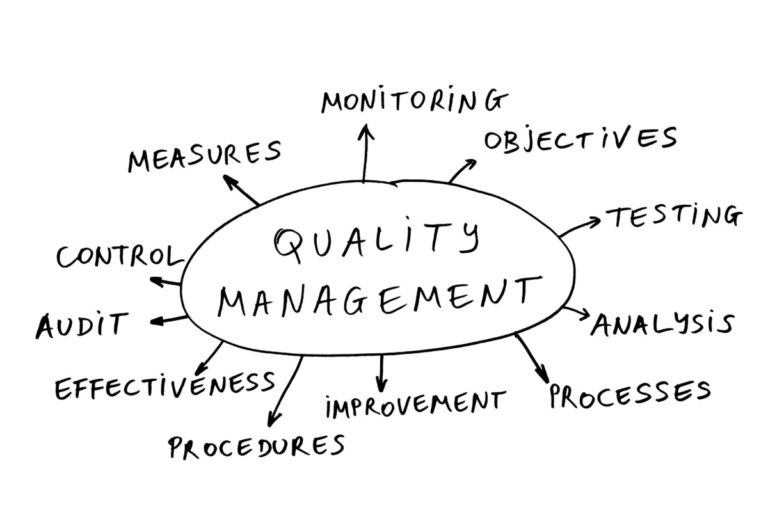
William Edwards Deming, Armand Feigenbaum and Joseph Juran jointly developed the concept of TQM. The concept of TQM was originally created in the manufacturing sector, but it could be applied to all organizations.
The concept of TQM states that every employee works to improve work culture, services, systems, processes, etc. to ensure the continued success of the organization.
Total Quality Management is defined as a customer-centric process that aims to continually improve business operations. This ensures that all related work (especially the work of employees) is aimed at achieving the overall goals of improving the quality of products or quality of service, as well as improving the production process or the process of providing services. However, the emphasis is on fact-based decision making, using performance metrics to monitor progress.
The Benefits of Total Quality Management
Benefits arising from the implementation of total quality management in an organization:
- Raise awareness of the quality culture in the organization.
- Increased focus on improving teamwork.
- Continuous process improvement
Basic Requirements for Successful TQM Implementation
- Commitment. Quality improvement (in all aspects) should be the concern of every person in the organization. A clear commitment from top management, overcoming barriers to continuous quality improvement, and the steps necessary to enable an attitude change.
- Culture. There must be proper preparation to make changes in attitude and culture.
- Continuous improvement. Recognizing improvement as an ongoing process, not just a one-time program.
- Customer orientation. Flawless service without any defects and complete end user satisfaction.
- Control. Ensuring control for any deviations from the planned progress of implementation.
The process of implementing TQM in an organization
Planning
This stage is the most important stage of total quality management. At this stage, employees should present their respective questions and concerns that need to be addressed.

Employees inform management about the various problems they face in their daily activities and also analyze the root cause of the problem. They need to conduct the necessary research and collect important data that will help them find a solution to all problems.
Execution
At this stage, employees develop a solution to the identified problems at the planning stage. Strategies are developed and implemented to overcome challenges faced by employees. The effectiveness and efficiency of decisions and strategies are also evaluated at this stage.
Check
At this stage, a before and after benchmarking is done to evaluate the effectiveness of the processes and measure the results.
Follow-up
This is the last step in the cycle where employees document their results and prepare for other challenges.
The successful implementation of TQM requires significant training for the employees involved in it. Because the training program can distract workers from their day-to-day work, this can ultimately have negative short-term effects.
Also, since Total Quality Management tends to lead to a consistent series of incremental changes, this can lead to bad reactions from those employees who prefer the current system, or employees who fear losing their jobs because of it. TQM works best when management provides strong support and commitment.
